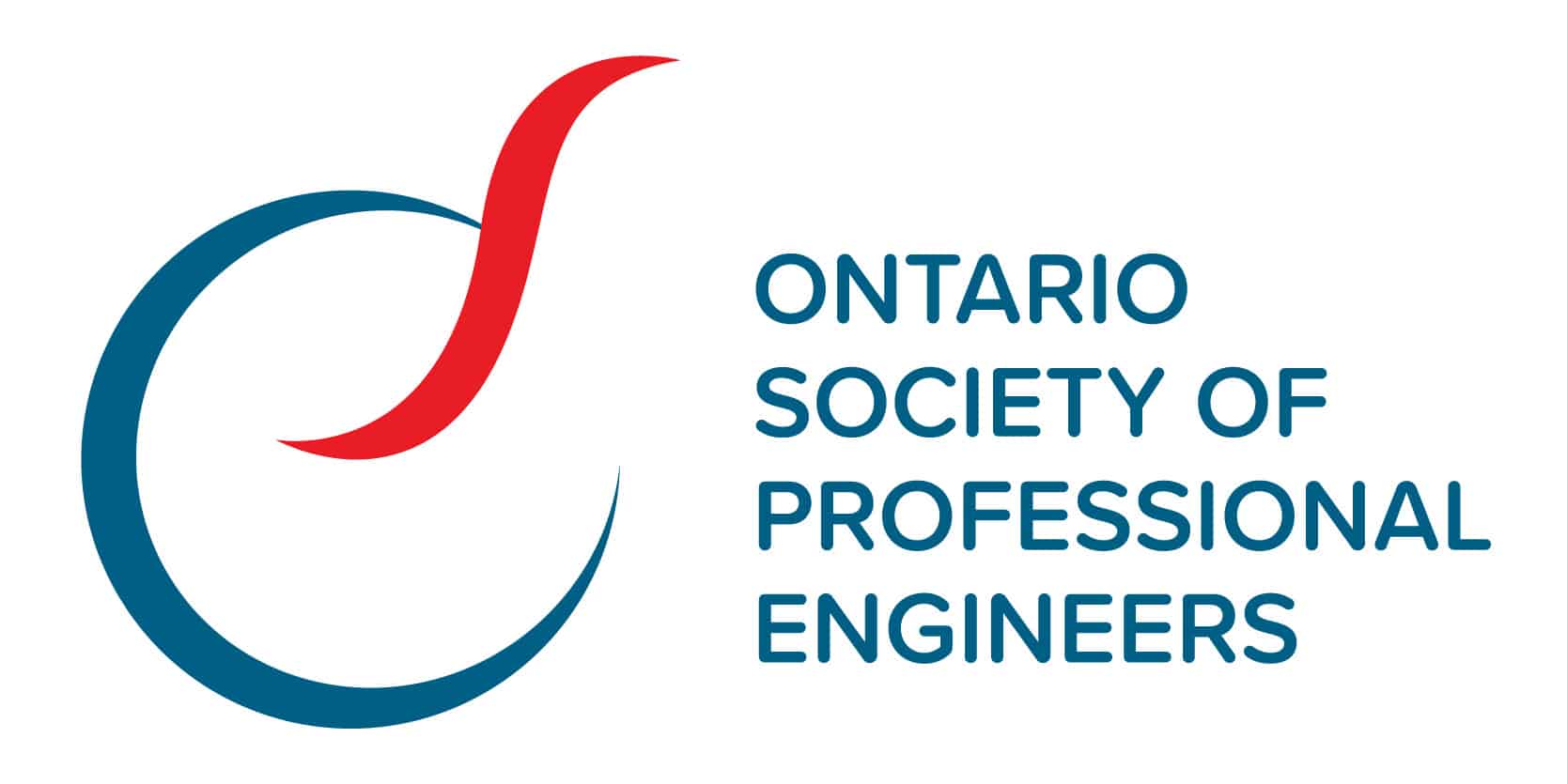
Exploring Engineering Excellence: A Journey with Dr. Ayan Sadhu from Western University
Join us as we take a look at the engineering journey of Dr. Ayan Sadhu, Ph.D., P.Eng., M.ASCE, M.CSCE, an Associate Professor at Western University’s Department of Civil and Environmental Engineering. With a profound background in structural and infrastructural engineering, Dr. Sadhu spearheads groundbreaking research in smart and sustainable civil infrastructure. In this article, we unravel Dr. Sadhu’s academic voyage, delve into the importance of National Engineering Month (NEM), and explore the concept of lifelong learning in engineering.
Tell me a bit about yourself & your background
I am an Associate Professor in the Department of Civil and Environmental Engineering at Western. I hold a Canada Research Chair in Smart and Sustainable Civil Infrastructure and direct the Smart Cities and Communities laboratory at Western Engineering. My background is in structural and infrastructural engineering. Currently, I am leading a research team at Western University on smart cities and communities funded by the Western Academy for Advanced Research (WAFAR).
I completed my master’s in structural engineering from IIT Kanpur in India and my Bachelor’s in Jadavpur University, India, in civil engineering. I came to Canada in 2009 to pursue my doctoral studies in structural engineering at the University of Waterloo before starting my academic career as a University Professor in Canada. I also hold a Professional Engineering license in Ontario.
Why is National Engineering Month (NEM) important to you and the engineering profession overall?
Engineering leads to livability, welfare, safety, and well-being for our citizens and the improvement of the infrastructure we live in. Engineering is linked to the lives of every person, every day, towards the betterment of our society. In spite of this variety of end-users and needs, academic and industry groups in engineering still lack diversity in skilled labour across various underrepresented and equity-deserving groups, which is detrimental to the future growth of our profession and the broader society. Therefore, National Engineering Month is invaluable for us to promote engineering education in our community, society, and nation to eliminate this gap. In addition, NEM reflects the achievements and innovations of our engineering community, showing the success and overall impact of engineering services on our nation.
The theme for NEM 2024 is lifelong learning. What does the concept of lifelong learning mean to you? Why is lifelong learning important in the work that you do?
This is a very relevant theme, and I consider lifelong learning to be one of the most attractive and inspiring aspects of engineering education and profession. As a University Professor, my learning continues to grow through various avenues, including teaching, student supervision, academic and industry collaboration, professional service, and activities. Lifelong learning is the key motivating factor that keeps our minds young forever and thoughtful. As educators, lifelong learning enables us to be more sustainable and resilient in this rapidly evolving era of the 21st Century and to contribute to the growth of our society.
Can you tell me a little more about Western University and the types of projects you work on?
Western University is one of the most reputable research institutes in Canada and the world. Western offers top-notch educational and research programs in various disciplines with innovative experiential learning environments, cutting-edge laboratory facilities, and world-class research centers. We feel the strong presence of our leading alumni across the nation and the world. I am very proud to be part of Western Engineering, where I am surrounded by exceptional mentors, peers, and leaders in the field. Since joining Western, I have received tremendous support from Western Engineering and the Civil and Environmental Engineering Department to excel in my research and innovation.
My research lies in the development of smart monitoring and maintenance technology to manage aging civil infrastructure. Civil infrastructure is rapidly aging worldwide due to adverse weather conditions and increasing traffic, posing a significant threat to our growing population. Recent advances in sensing technology provide opportunities for civil engineers to develop autonomous measurement systems for rapid construction of newer structures and real-time inspection of aging structures. However, they pose several challenges, such as human-sensor-structure interaction, remote and real-time implementation, size and accessibility of large civil structures, harsh environmental conditions, and limited data collection period. My research program aims to resolve these grand challenges and will develop a rapid, remote, real-time and robust (4R) monitoring system for structural construction and maintenance. This research has been actively funded by various funding agencies, including NSERC, the Ministry of Colleges and Universities in Ontario, the Canada Research Chairs, the Canada Foundation for Innovation, Mitacs, the Western Academy for Advanced Research, and several industry partners.
How has the engineering profession changed over the past 5 to 10 years?
Over the last few years, traditional engineering fields have been heavily augmented by leveraging the capabilities of advanced sensing technologies, artificial intelligence, autonomous systems, and smart robotic systems to expedite engineering design, manufacturing, construction, monitoring, visualization, and maintenance. This radical shift in interdisciplinary engineering has significantly contributed to overall accuracy, productivity, cost-saving, and satisfaction for stakeholders, end-users, and our citizens.
Are there any specific programs, initiatives, or outcomes happening at Western University that you’d like to tell me about?
Western University has taken a major leap to prepare a next-generation workforce trained in these advances through new educational and research programs (e.g., AI Systems Engineering, Smart Cities program, the Western Academy for Advanced Research, etc.), laboratory facilities and research centres, experiential learning opportunities, international development programs, internship and coop opportunities, active industry collaborations, and top-notch outreach programs. This timely and innovative initiative will create a Canadian workforce equipped with cutting-edge technology, interdisciplinary skills, and collaborative experience, who will contribute to the development of our changing world in the Twenty-First Century, creating groundbreaking social, economic, and environmental impacts on our society. They will solve the grand challenges of our nation and elevate Canada’s international reputation and global impact in numerous fields of engineering through a sustained contribution of new ideas that influence social directions for the well-being of humanity.
What does the future of engineering look like and how does Western University fit into that?
In the era of AI, smart cities, and Industry 4.0, I consider the future of engineering to be in developing more advanced, automated, robust, and cost-effective solutions for the well-being of our nation. This will require a range of unique skill sets, including solid foundational knowledge, critical thinking, innovative mindsets, teamwork, adaptability and resilience, willingness to collaborate, interdisciplinarity, and equity, diversity, and inclusion. The Western Engineering community has been actively thriving and promoting these qualities in the educational and research curriculum through their game-changing programs.
Learn. Grow. Thrive. Together.
National Engineering Month is Ontario’s platform for celebrating the remarkable world of engineering. With a dynamic mix of insightful discussions, industry expertise, and diverse viewpoints, we’re showcasing the best of the profession. Join us in advancing engineering excellence, igniting interest in future professionals, and recognizing the vital role engineers play in society. Be a part of the #NEM2024 experience by attending an event. Explore all the exciting details at nemontario.ca.


